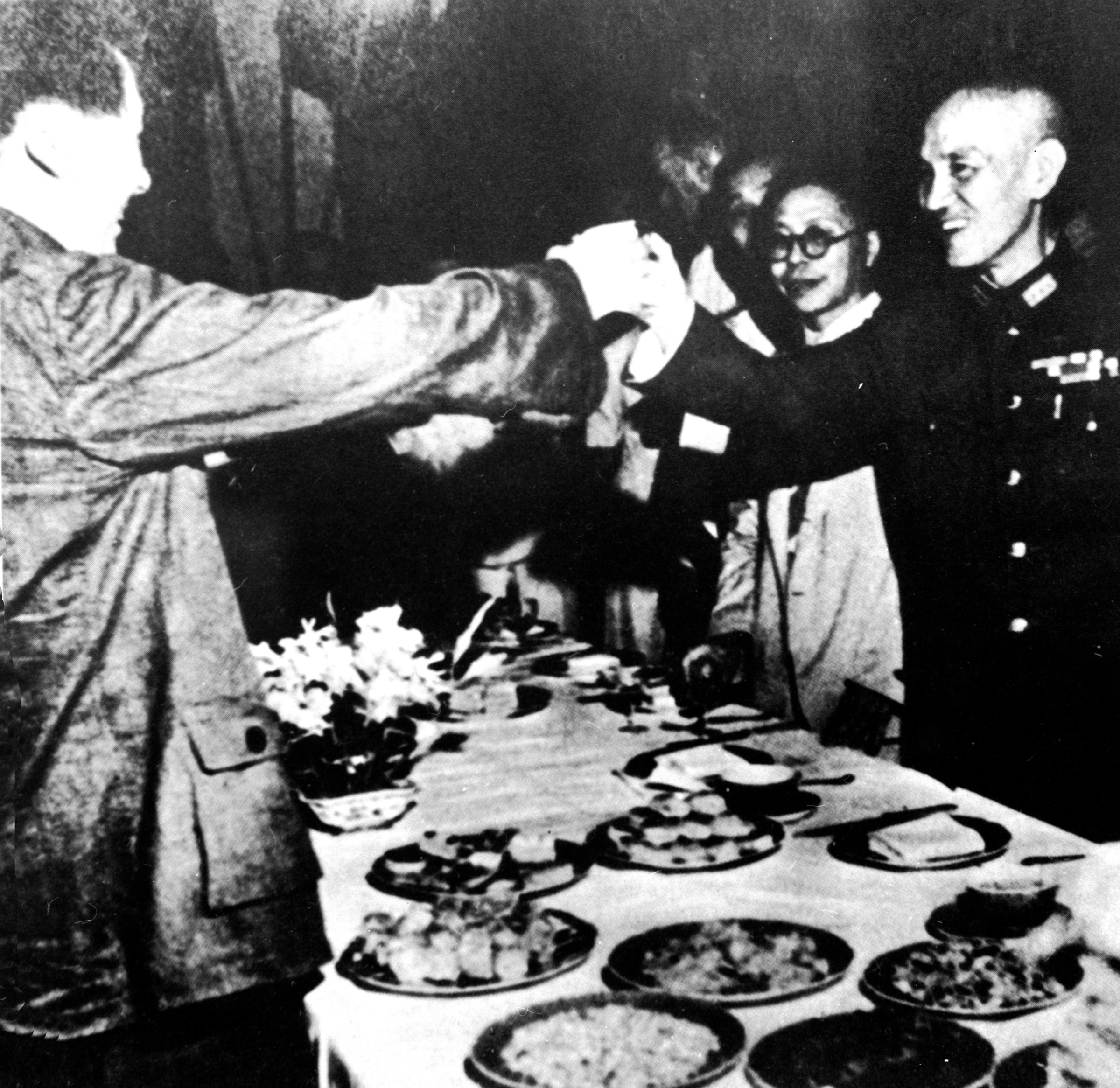
As China’s Xi Jinping prepares to meet with his Taiwan counterpart Ma Ying-jeou this weekend, the one fact cited repeatedly to highlight the significance of the meeting is that it is the first one after the two sides split in 1949 following a civil war — a gap of 66 years.
However, in order to gain a true historical perspective on Saturday’s bilateral talks, we must go back much further and take into account the fact that the Chinese Nationalist Party or Kuomintang (KMT) and its rival Chinese Communist Party have united against a common enemy in the past.
Not only did they come together to defeat the occupying Japanese forces in 1945, they also cooperated earlier on the famed Northern Expedition in 1926 — led by the KMT and its leader Generalissimo Chiang Kai-shek — to defeat regional warlords and bring about the first reunification of China.
This meeting too can be seen as a representation of the two sides coming together against a common enemy: Taiwan’s opposition Democratic People’s Party (DPP), which appears likely to defeat Ma’s KMT in the island’s January 2016 election. Contrary to the conciliatory attitude and support for closer ties that Ma has espoused during his two terms in office, the DPP has, at least in the past, favored independence, and its presidential candidate Tsai Ing-wen has been vague about where she stands; both Ma and Xi would balk at the idea of her taking Taiwan’s reins.
The suddenly announced meeting between the two leaders has come as a surprise to many, but Chiang and his communist counterpart Mao Zedong — the last leaders from both sides to hold a similar summit 70 years ago — would have been even more shocked by gradual developments over the past two decades. The prevailing modus operandi, of leaving key issues of sovereignty unanswered while allowing economic partnerships, tourism and people-to-people exchanges to grow, would have been inconceivable while Mao and Chiang were still alive. Both of them reviled the other, and denounced each other as illegitimate claimants to a unified China, right until their respective deaths in the 1970s.
Now the don’t-mention-sovereignty approach appears to be straying into the diplomatic sphere as well, which many are seeing as a last-ditch attempt by China to keep Taiwan from pulling further away with the possible changing of the guard. Though it is unlikely to overtly influence the upcoming election’s outcome, Saturday’s meeting is equally important to both leaders, albeit for very different reasons.
For Xi, the high-profile meeting that has captured international attention will serve as a distraction for the Chinese people from troubles closer to home, such as the mixed reaction to China’s recent shift away from its one-child policy as well as dwindling economic growth. While no formal agreements are expected to emerge from the largely symbolic meeting, he may also use it to subtly consolidate his party’s narrative of speaking for all people of Chinese descent the world over.
For Ma, who will step down regardless of what happens in next year’s election due to two-term limits on Taiwan’s presidency, the meeting represents an opportunity for a photo finish of sorts, something tangible to be remembered by before he potentially disappears from the public gaze for good.
On Saturday, a new chapter in the annals of China and Taiwan will be written by two men — one who hopes to cement his place in that history, and another who is simply adding a page to a lately begun chapter of his own.
More Must-Reads From TIME
- The 100 Most Influential People of 2024
- The Revolution of Yulia Navalnaya
- 6 Compliments That Land Every Time
- What's the Deal With the Bitcoin Halving?
- If You're Dating Right Now , You're Brave: Column
- The AI That Could Heal a Divided Internet
- Fallout Is a Brilliant Model for the Future of Video Game Adaptations
- Want Weekly Recs on What to Watch, Read, and More? Sign Up for Worth Your Time
Contact us at letters@time.com